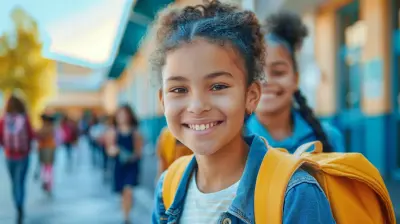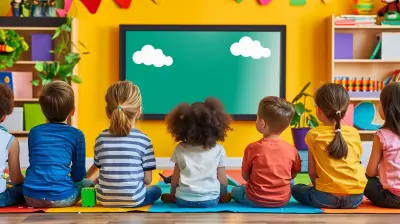How Peer Feedback Fosters Lifelong Learning Habits in Students
4 May 2025
Education isn’t just about memorizing facts and acing exams. It’s about building skills that last a lifetime. One of the most powerful tools for lifelong learning? Peer feedback!
Think about it—when students learn to give and receive feedback from their classmates, they develop critical thinking, communication skills, and a growth mindset. And guess what? These are the same skills they’ll need long after they leave the classroom.
But how exactly does peer feedback work its magic? Let’s dive into the many ways peer feedback fosters a lifelong love for learning.
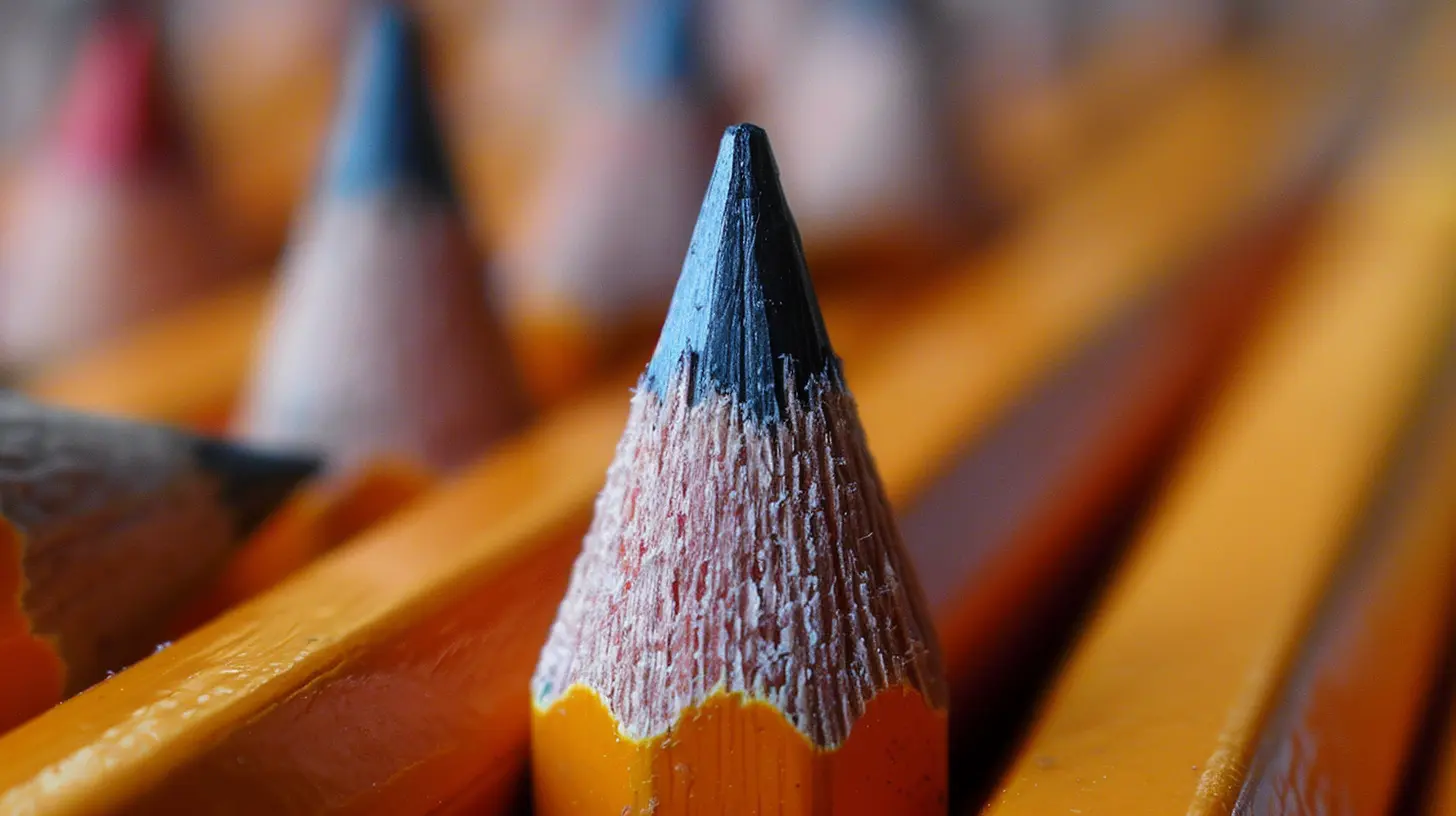
📚 What Is Peer Feedback?
Before we talk about the benefits, let’s break it down. Peer feedback is when students review and critique each other's work, providing constructive suggestions for improvement.It’s not just about pointing out mistakes—it’s about collaborating, sharing ideas, and helping one another grow. When done right, peer feedback turns learning into a team effort rather than a solo mission.
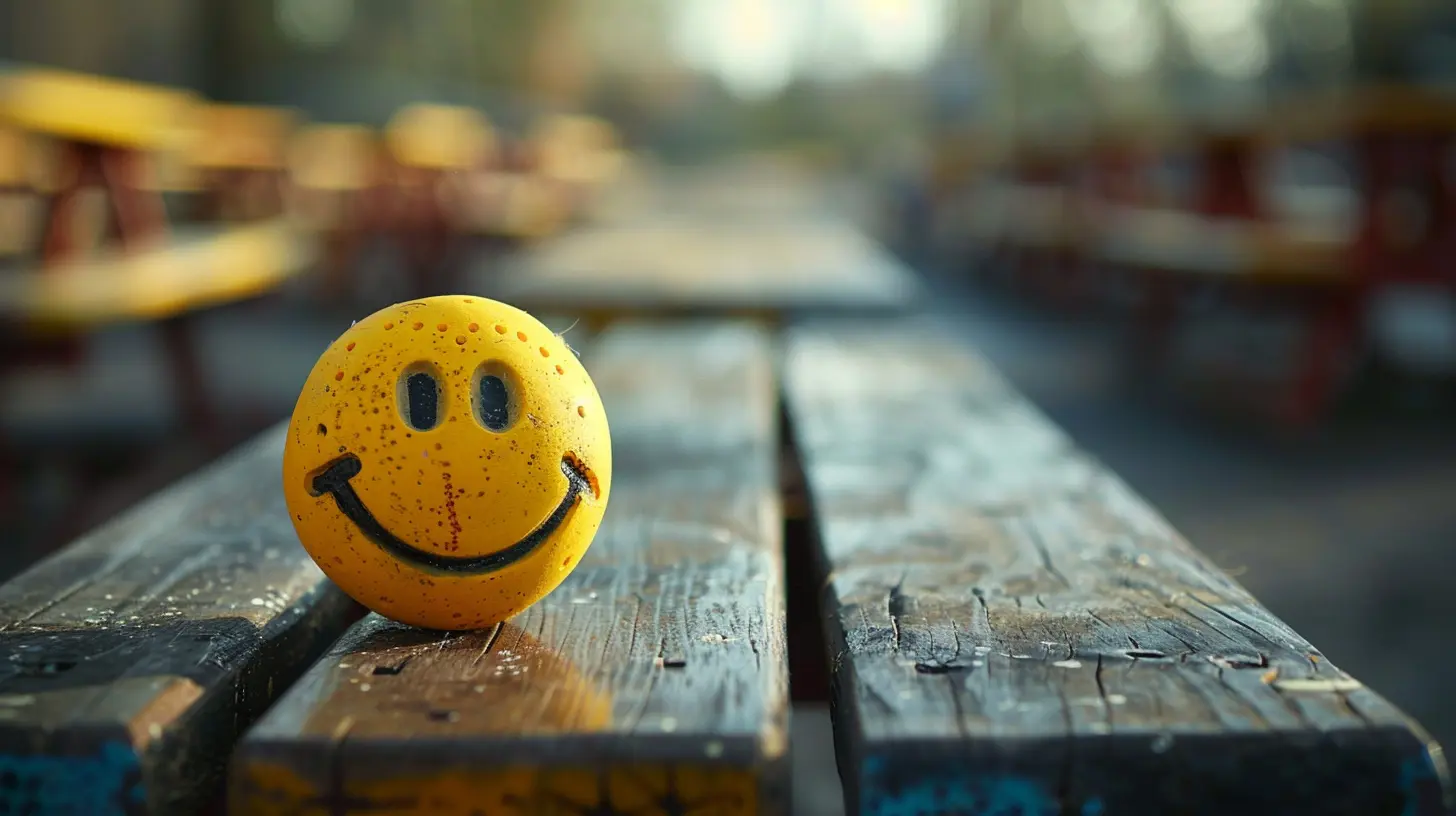
🎯 The Power of Peer Feedback in Lifelong Learning
Lifelong learning isn’t just about formal education—it’s about continuously improving, adapting, and staying curious. Peer feedback helps students develop habits that stick with them for life.Here’s how:
1️⃣ Encourages Critical Thinking
When students assess each other’s work, they’re not just scanning for errors. They’re analyzing strengths and weaknesses, asking questions, and making thoughtful suggestions.This process sharpen’s their critical thinking muscles, which is a valuable skill they’ll use forever—whether they’re solving problems in their careers or making everyday decisions.
2️⃣ Builds a Growth Mindset
You’ve probably heard about the growth mindset—the belief that intelligence and abilities can improve with effort.Peer feedback reinforces this mindset because students see learning as an ongoing process. Instead of fearing mistakes, they embrace them as opportunities to grow.
When they carry this mindset beyond school, they become individuals who are always ready to adapt, learn, and evolve.
3️⃣ Enhances Communication Skills
Giving feedback teaches students how to express their thoughts clearly and constructively. They learn how to:- Provide helpful advice without sounding harsh
- Receive feedback without taking it personally
- Engage in productive discussions
These skills are golden in the workplace, in relationships, and in nearly every aspect of life!
4️⃣ Boosts Confidence and Independence
Think about it—when students get used to receiving and applying feedback, they become more confident in their abilities.Instead of relying solely on teachers to guide them, they start taking ownership of their learning. They become proactive, independent learners—a habit that sticks with them for life.
5️⃣ Promotes Collaboration and Teamwork
In the real world, success isn’t just about individual achievements—it’s about working well with others.When students engage in peer feedback, they learn how to collaborate, listen, and respect different perspectives. These teamwork skills are invaluable in college, careers, and beyond. 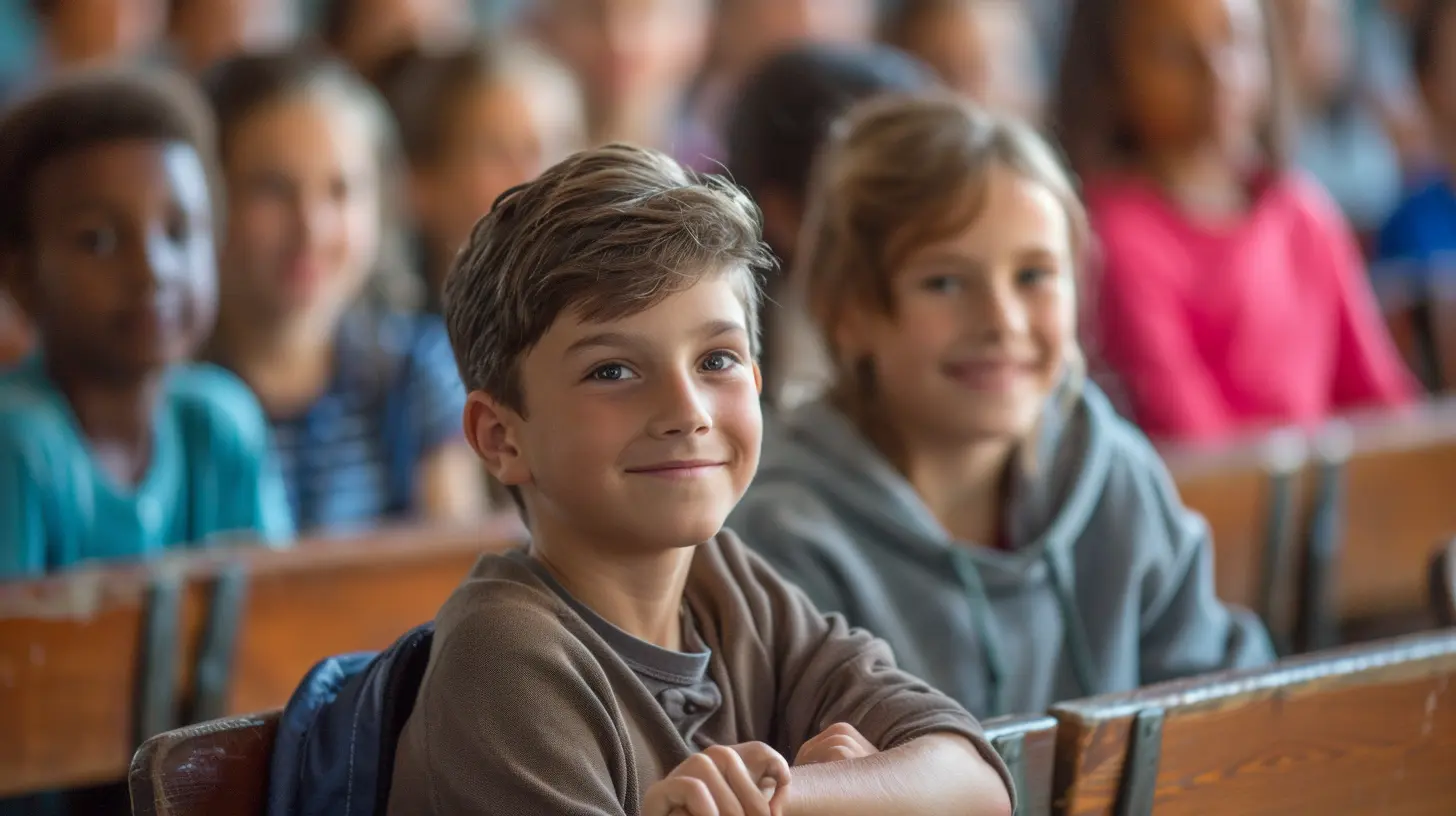
🔄 How to Implement Effective Peer Feedback
Not all feedback is created equal! To make it effective, students need guidance. Here are some tips to ensure peer feedback is helpful, structured, and meaningful:✅ Set Clear Guidelines
Before students start reviewing each other’s work, establish clear expectations. They should know:- What aspects of the work to focus on
- How to provide specific and constructive feedback
- The importance of being kind yet honest
A simple checklist or rubric can go a long way in keeping feedback on track.
✅ Teach Students How to Give Constructive Feedback
Not everyone naturally knows how to give useful feedback. That’s why it’s crucial to teach students how to:- Start with positives (What worked well?)
- Offer suggestions (How can it improve?)
- Ask questions (Encourage deeper thinking)
A good rule of thumb? “Praise, Suggest, Question.”
✅ Encourage a Positive and Supportive Environment
Feedback should never feel like criticism—it should feel like helpful advice from a friend.Create a classroom culture where students see feedback as a normal (and beneficial) part of learning. The more comfortable they feel, the more open and honest their feedback will be.
✅ Use Different Formats
Peer feedback doesn’t always have to be written. Try:- Peer discussions – Let students verbally discuss their work.
- Digital feedback tools – Use Google Docs comments or other online platforms.
- Video feedback – Record short videos reviewing each other’s work.
Mixing it up keeps things engaging and fresh! 
🚀 Beyond the Classroom: Why These Skills Matter for a Lifetime
The beauty of peer feedback is that its benefits extend far beyond school. These habits shape students into lifelong learners who can thrive in any situation.📌 In College and Higher Education
In university settings, students often need to review research papers, collaborate on projects, and present arguments. Mastering peer feedback in school gives them a head start in academic discussions and group work.📌 In the Workplace
Almost every career requires some level of communication, collaboration, and constructive criticism. Employees who can give and receive feedback professionally are highly valued.Think about it—whether you’re a designer refining a project, a manager assessing a report, or a teacher guiding students, strong feedback skills make all the difference.
📌 In Personal Growth and Development
Lifelong learners don’t just improve academically or professionally—they grow as individuals.Those who are open to feedback and constantly evolving are more resilient, adaptable, and better equipped to handle life’s challenges.
🎉 Final Thoughts
At its core, peer feedback is more than just a classroom activity—it’s a lifelong skill. It encourages students to think critically, communicate effectively, and develop a growth mindset.By integrating peer feedback into learning, we’re not just shaping better students—we’re shaping better thinkers, collaborators, and lifelong learners.
So, why not start fostering peer feedback today? The benefits last far beyond the school years!
all images in this post were generated using AI tools
Category:
Peer FeedbackAuthor:

Madeleine Newton
Discussion
rate this article
6 comments
Melina Underwood
Peer feedback isn't just a classroom exercise—it's a game changer. It cultivates critical thinking, resilience, and collaboration skills essential for lifelong learning. Empower students to give and receive feedback; it's the cornerstone of their future success.
May 14, 2025 at 7:17 PM

Madeleine Newton
Absolutely! Peer feedback not only enhances critical skills but also fosters a growth mindset, preparing students for future challenges. It's a vital component of their lifelong learning journey.
Sage McVaney
Peer feedback cultivates essential skills like collaboration and critical thinking, empowering students to reflect on their learning journey and embrace a mindset of continuous improvement.
May 13, 2025 at 7:50 PM

Madeleine Newton
Thank you for highlighting the importance of peer feedback! It truly is a powerful tool for developing collaboration and critical thinking skills that support lifelong learning.
Fletcher Gomez
Great article! Peer feedback truly builds a collaborative spirit, encouraging students to learn from each other and embrace lifelong growth.
May 11, 2025 at 10:18 AM

Madeleine Newton
Thank you! I'm glad you found the article insightful. Peer feedback really does create a supportive learning environment.
Harrison Marks
Oh sure, because nothing screams "lifelong learning" like a bunch of students critiquing each other's homework—sounds like a blast!
May 9, 2025 at 2:16 AM

Madeleine Newton
I appreciate your perspective! Peer feedback may seem unconventional, but it builds critical thinking and collaboration skills essential for lifelong learning.
Astralis Carrillo
Ah yes, because nothing says 'lifelong learning' like a high schooler critiquing their friend's essay on the intricacies of TikTok trends. Truly enlightening!
May 8, 2025 at 8:45 PM

Madeleine Newton
Thank you for your perspective! Peer feedback, even on topics like TikTok trends, encourages critical thinking and communication skills essential for lifelong learning.
Mika Schultz
Empowering growth through shared insights!
May 4, 2025 at 2:25 AM

Madeleine Newton
Thank you! Shared insights truly play a crucial role in nurturing a culture of continuous learning.

